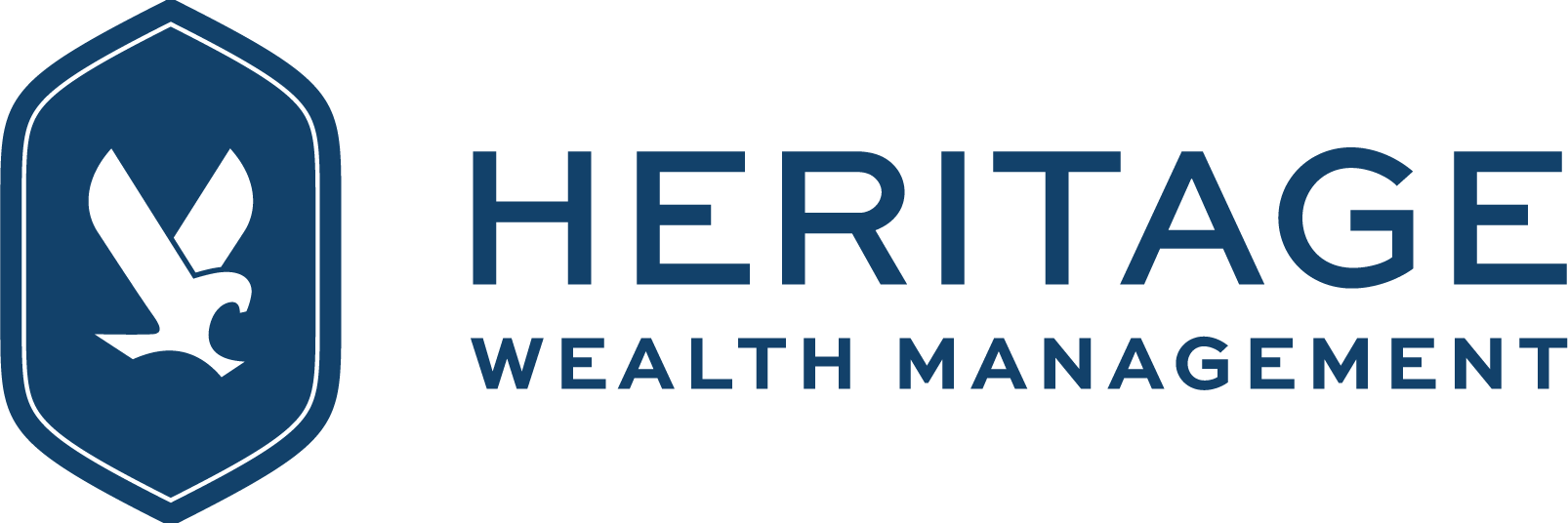Real Estate 1031 Exchange
1031 Exchange Services: Time to Sell? We Can Help.
You own commercial real estate. Or perhaps you’ve had a rental for years or downsized from your original home and kept it as a rental. It is time to sell. What’s the best way to maximize profits in a tax-efficient way? At Heritage, we can help you navigate the 1031 exchange process and guide you on any execution surrounding the real estate 1031 exchanges.
We also maintain various real estate opportunities for you, including some ideal 1031 exchange investment options to potentially roll your gains into.

Broker Referral
If the property is in an area we know well, we can help you network with brokers we know and find the right fit.

Process Navigation

Pipeline Opportunities & Investment Options
If you need an opportunity to roll your 1031 exchange, we maintain a list of options, subject to market availability.
What Is a 1031 Exchange?
A 1031 exchange, named after Section 1031 of the Internal Revenue Code, enables investors to defer paying capital gains taxes on an investment property when it is sold, provided that another like-kind property is purchased with the profit. This powerful tool allows investors to maximize their real estate investments. It opens up a whole world of 1031 investment options to consider.
Benefits of a 1031 Exchange
One of the primary benefits of a 1031 exchange is the deferral of capital gains taxes, which allows more capital to be reinvested. This process also enables investors to leverage the equity from the sold property to acquire larger or more profitable properties. Additionally, it offers the opportunity to diversify your real estate portfolio by exchanging properties in different locations or asset classes. From an estate planning perspective, it provides significant tax deferral benefits that can be advantageous for heirs. Given these advantages, it’s important to thoroughly consider your 1031 exchange investment options. A tax planning advisor can help you compare 1031 options and 1031 services to find the best plan for you.
Steps in the 1031 Exchange Process
At Heritage Wealth Management, our comprehensive consultation service will help you discuss your investment goals and current property portfolio with our qualified 1031 exchange advisors. Once you’ve listed and sold your property, we ensure you adhere to the 45-day identification and 180-day exchange rules. During this period, we help you identify potential replacement properties and assist you in completing the acquisition within the designated time frame.
Why Choose Heritage Wealth Management?
We provide a comprehensive broker referral service for properties in areas we know well, ensuring you find the right fit. Our experts will walk you through the process and introduce you to the requisite third parties if you’ve never been through a 1031 exchange before. Additionally, we maintain a list of pipeline opportunities and investment options, subject to market availability, to help you roll your 1031 exchange successfully.
Contact us today to learn more about the significant benefits of real estate 1031 exchange services and how Heritage Wealth Management can assist you in navigating this process efficiently and effectively.
FAQs About 1031 Exchange Services
What qualifies as like-kind property?
Like-kind properties include real estate held for investment or business purposes, such as commercial buildings, rental properties, and land.
Can I do a 1031 exchange on my primary residence?
No, primary residences do not qualify for 1031 exchange services. The properties must be held for investment or business purposes.
What are the costs associated with a 1031 exchange?
Costs associated with 1031 exchange services can include fees for the qualified intermediary, legal fees, and potential closing costs on the new property.
Can I use a 1031 exchange for foreign properties?
No, both the relinquished and replacement properties must be located in the United States.
What is the 2-year rule for 1031 exchanges?
The 2-year rule pertains to related-party exchanges. If you exchange property with a related party, both parties must hold the exchanged properties for at least two years to qualify for a 1031 exchange. This rule is designed to prevent tax avoidance schemes where related parties could quickly exchange and sell properties to cash out tax-free.
What is not allowed in a 1031 exchange?
Several items are not allowed in a 1031 exchange. These include stocks, bonds, notes, and other securities or debt. Personal property and primary residences are also excluded. The properties exchanged must be held for investment or productive use in a trade or business.
Is it a good idea to do a 1031 exchange?
A 1031 exchange can be a very good idea if you aim to defer capital gains taxes and reinvest the proceeds into like-kind properties. It allows for portfolio growth and diversification without the immediate tax burden. However, it’s crucial to consider your long-term investment strategy and consult with financial and tax advisors to determine if it aligns with your goals.

